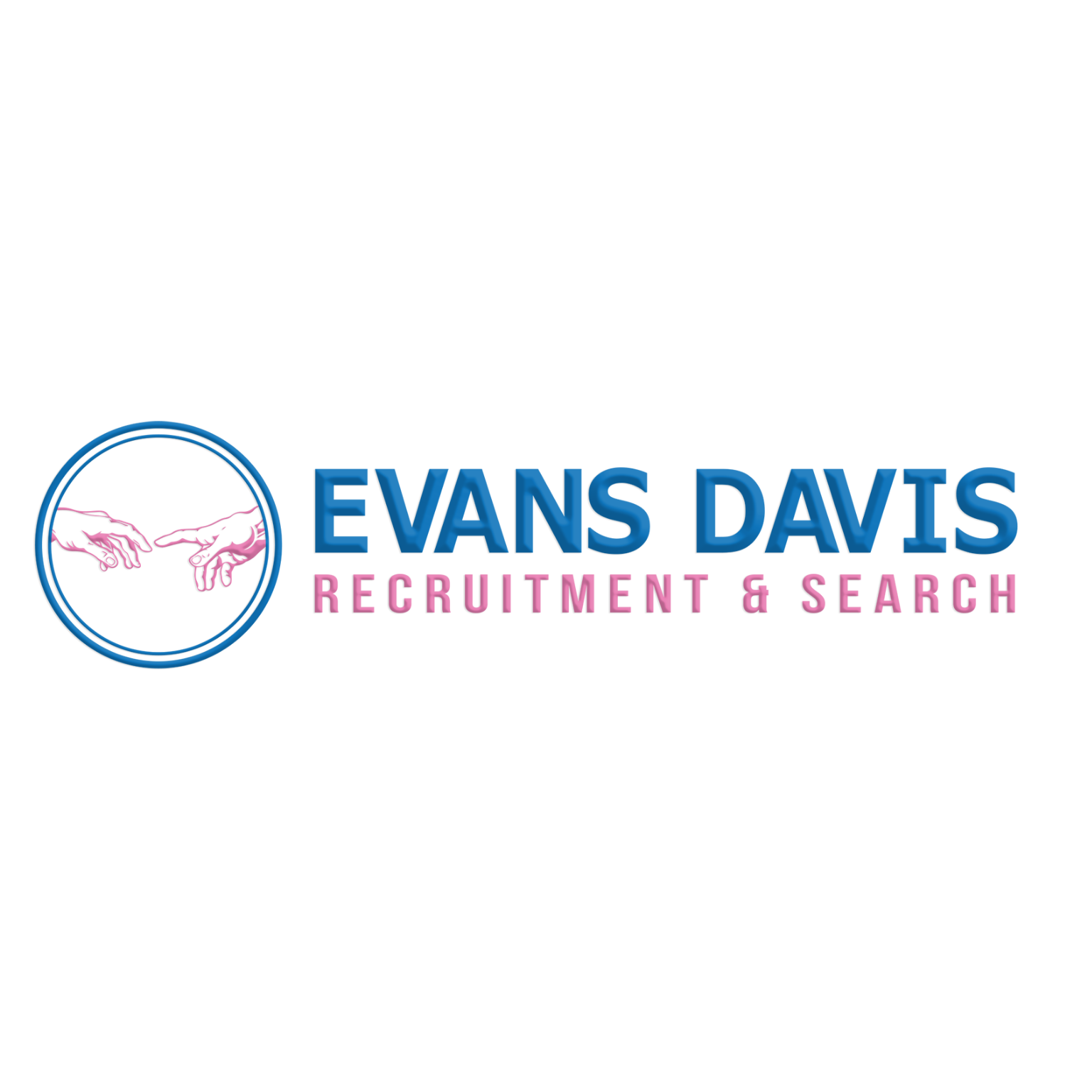Something I’ve noticed recently, especially amongst junior candidates with little experience in looking for a job through a recruitment agency, is how quickly they are losing control of their job search if they haven’t been explicit with agencies about where their CV is being sent and how they want to manage their job search.
The situations do vary a little. However, more and more, we are hearing this kind of story from candidates:
- Candidate applies for a job on a job board;
- The candidate receives an email from a recruiter with a list of 100+ businesses who may or may not be recruiting a position that is relevant for them;

- The candidate has a glance at the email and responds by saying those businesses look OK, assuming they will only send their CV once they have been consulted about a specific role;
- Recruiter sends candidate’s CV to all the businesses listed regardless of whether they have a relationship with them or if they are recruiting a relevant role.
Even worse, I have had candidates tell me things as bad as receiving a call from a recruiter on Friday advising they have an interview in the city on Monday at 10 am, and they won’t be told who it is with until 9 am the morning of the interview.
Why is this bad for candidates
Let’s assume you decide to work with more than one recruiter or that you have decided to apply directly to some roles and use an agency for others, and the above has happened. How do you know who has seen your CV and for what role?
The simple answer is that you don’t, and this can be an issue for the following reasons:
- You only have one opportunity to enter a business. If a hiring manager or HR receives your CV for a position for which you are not suitable, they may rule you out for roles in the future because they said no to you before;
- The recruiter may have sent your CV to a business they do not have a relationship with. The knock-on effect of this is if you do speak with another agency that does have the authority to recruit the position, or if you want to apply directly, the employer may not meet with you because they are concerned they could be required to pay multiple placement fees;
- Sydney is a very small place, and if you don’t know exactly where your CV has gone, you could run the risk of a random hiring manager knowing someone where you work, running into them at a function and, without thinking, alerting them to your intention to leave;
Why is this bad for employers
In my experience, most hires that don’t work out are for one of two reasons:
- The culture/working conditions are not what the candidate expected;
- The type of work they are doing is different from what the interviewer told them in the interview;
Suppose an employer decides to hire a candidate they received from a recruiter who hasn’t recruited for the business in the past. In that case, the chances are that recruiter may not have a great understanding of the culture of the business and the type of work each team does.
This means that the recruiter will be less equipped to effectively advise the candidate on what life will be like once they start with the business, increasing the probability that said the candidate would accept a role they may not have, had they known more about the culture.
The knock-on effect of this is that once the honeymoon phase of starting a new job is over, the chances of the new hire resigning sighting, “this is not what I signed up for”, is far greater than if they had clear expectations going in, setting the business back months.
In addition, if an employer has received your CV from multiple sources, how do they know they won’t have 2 or 3 agencies chasing them for a fee if they hire you?
Because of this, many businesses will simply walk away from candidates they would otherwise be interested in hiring, again setting them back weeks as a result.
Steps you, as a candidate, can take to avoid all of the above.
Don’t send your CV to every advertisement you see on a job board you are interested in. The more people with your CV, the more likely this kind of thing will happen.
Remember, the recruiter you do decide to go with is representing you. This means they are, among other things:
- Having conversations with employers on your behalf;
- Helping you effectively prepare for an interview;
- Giving you advice on the organisational culture and comparable opportunities in the market;
- Managing the offer process;
- So it makes good sense to take the time to work out who you want representing you to potential employers.
Steps you can take to help decide who you want to send your CV to include:
- Ask someone you know who has recently moved jobs if they can recommend a recruiter;
- Not falling into the trap of applying to every advertisement you are interested in. Call the recruiter and speak with them and gauge if they are someone who can add value to your job search before sending them your CV;
- Be very clear from the first contact and in all future correspondence that you do not want your CV sent to anyone without your expressed written consent;
- Review their LinkedIn profile. Do they have recommendations? How long have they been with their current employer? Would you hire them?
- Before agreeing for them to submit your CV for a position, ask them about the business, have they ever placed anyone with the business they want to send your CV to, why they think you are suitable and why they think they can get you an interview;
While the above happens far more often than it should, it is often because the recruiter in question is inexperienced and doesn’t realise how negatively sending someone’s CV to 100+ businesses can affect a person’s job search and career, which is why it is so important you take control of your job search.
If you take the time to work out which recruiters you do and don’t want to work with and set clear expectations from the outset, you will eliminate those you don’t want to work with. At best, you will find a good recruiter who will respect you for taking your job search seriously and go out of their way to help you.
If you are interested in finding out more about the above, please feel free to email us via email:info@ed-rec.com.

